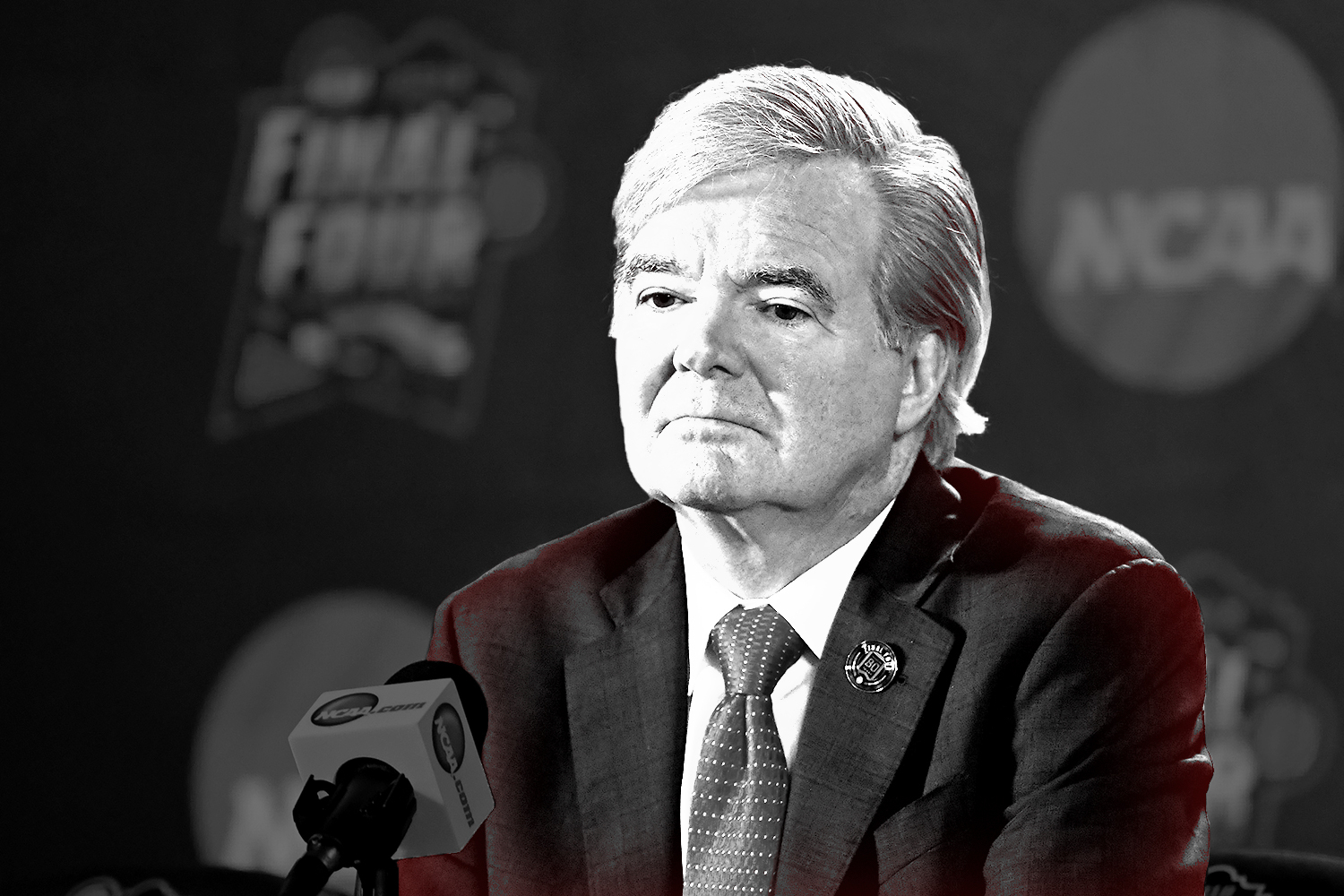At a Constitutional Convention this fall, a committee will reconsider the NCAA’s bylaws and its overall place in college sports governance. It couldn’t have come at a better time.
NCAA president Mark Emmert thinks the Constitution Committee should discuss how it can adopt rules to adjudicate sexual assault, mishandling of allegations, and/or other Title IX violations.
“This is a clear demonstration of why the Association needs transformational change,” Emmert said in a statement. If the committee chooses to rewrite rules, schools will vote on them in January.
Getting Involved or Not
At the Convention, the NCAA first has to decide what it wants to be, SUNY Cortland assistant professor of sports management, Lindsey Darvin, said. Is it just an organization that plans championships? Or will it “monitor other aspects of athlete and coach actions” — including sexual assault.
“It has to be all or nothing,” Darvin said.
Cheryl Cooky, Purdue associate professor of American Studies and Women’s, Gender, and Sexuality Studies, believes “there needs to be a mechanism by which these universities were held accountable.”
But she’s “not convinced” the NCAA is the right organization to do that. It already has a terrible track record with women’s sports. It prioritizes “its own self-sustainability, and has done so at the expense of student-athletes’ health and well-being.”
Dionne Koller, Director of University of Baltimore’s Center for Sport and the Law, said the NCAA could at least write rules to send a message that treating allegations appropriately is important.
But the NCAA “is not going to solve the problem of campus sexual assault,” she said.
Editing the Bylaws?
If she were invited to the Constitution Comittee, Koller would suggest adopting bylaws that make teams or athletes ineligible if they don’t comply with all aspects of Title IX — which include sexual assault and how schools handle allegations, in addition to equal opportunities for sports participation.
Koller was adamant the NCAA itself shouldn’t investigate allegations, but it should hand down sanctions based on the results of other investigations like courts’ decisions, outside legal reviews, or Department of Education reviews.
“I think that a school like Baylor, that clearly has not been interested in general Title IX campus enforcement — I think if their athletic program was on the line, I think if star players could lose eligibility — that might nudge them to clean up the campus process,” Koller said.






![[Subscription Customers Only] Jun 15, 2025; Seattle, Washington, USA; Botafogo owner John Textor inside the stadium before the match during a group stage match of the 2025 FIFA Club World Cup at Lumen Field.](https://frontofficesports.com/wp-content/uploads/2026/02/USATSI_26465842_168416386_lowres-scaled.jpg?quality=100&w=1024)
![[Subscription Customers Only] Jul 13, 2025; East Rutherford, New Jersey, USA; Chelsea FC midfielder Cole Palmer (10) celebrates winning the final of the 2025 FIFA Club World Cup at MetLife Stadium](https://frontofficesports.com/wp-content/uploads/2026/02/USATSI_26636703-scaled-e1770932227605.jpg?quality=100&w=1024)









